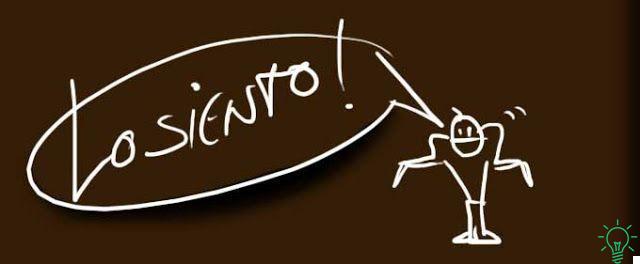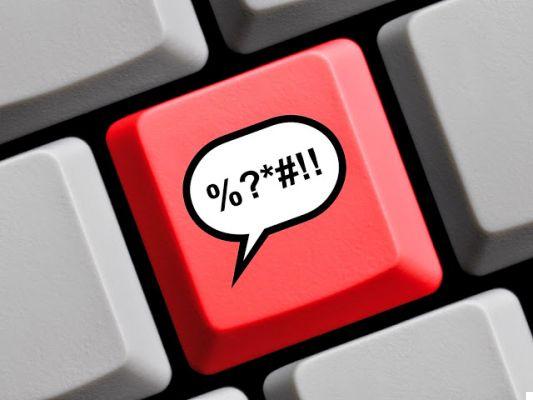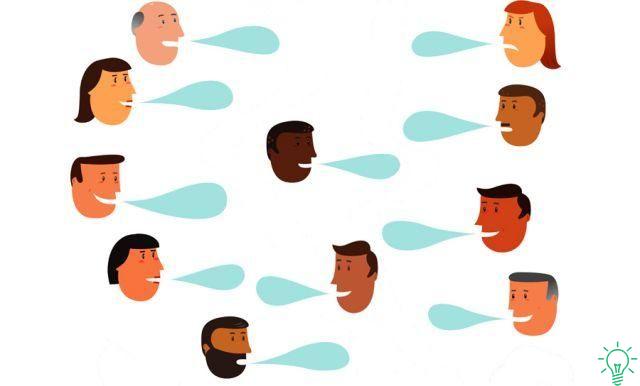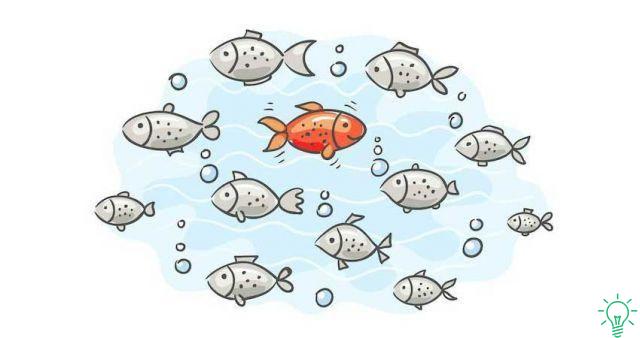
The best and worst of each of us always comes under pressure. When we are under pressure we can lose our nerve and be overwhelmed by the weight of stress, but we can also overcome ourselves and give the best of ourselves.
Regardless of what happens, we tend to think that pressure is some kind of catalyst for our real "self". We think that stressful situations bring out what we have inside. But maybe that's not the case, or at least not always. Being under pressure can have the opposite effect and lead us to predominantly resort to preconceived and socially acceptable responses.
Under pressure, the social mask imposes itself on the ego
We have a "split mind". There is a more intuitive and impulsive mind and another more rational and self-controlled. The intuitive and impulsive mind remains "uncontaminated" guarding our unconfessed desires, illusions and drives; the rational mind is fundamentally the fruit of social conditioning, it is the one that has assimilated norms and values.
The rational mind should "control" the impulsive mind, at least most of the time. This control system usually follows longer and more complex neural pathways, so it takes longer.
This is why we have always assumed that when we ask people to respond quickly by putting pressure on them, the rational mind will not have enough time to control the impulsive mind and, therefore, they will say what they really think.
However, psychologists at the University of California state that "responding quickly and without thinking [...] causes people to lie and tell you what you want to hear." This means that in reality our "social self" is permanently on guard and exerts tighter control than we imagined.
Lying under pressure
The researchers involved a group of 1.500 people who had to answer "yes" or "no" to several statements, such as: "Sometimes I get frustrated when I don't get what I want" or "I'm always a good listener, it doesn't matter with who am I talking about. "
Some were given enough time to respond while others were pressured to respond in less than 11 seconds, so they couldn't think much.
Psychologists thus discovered that people under pressure, who had to respond quickly, used to give socially acceptable answers, while those who had more time to reflect gave more authentic answers that reflected who they really were.
In other words, the pressure of time does not bring out our "real selves" but the desire to show ourselves in a more flattering light prevails, even if it involves hiding who we really are, what we feel or think.
This means that our automatic responses are not dictated by the intuitive and impulsive mind, as we used to think, but by the social construct that we have assimilated over the years. And that in order to get more sincere answers, we must reflect and loosen the iron control to allow our essence to come to light.
Therefore, if we want to connect with someone and really get to know them, it is best not to put pressure on them.


























